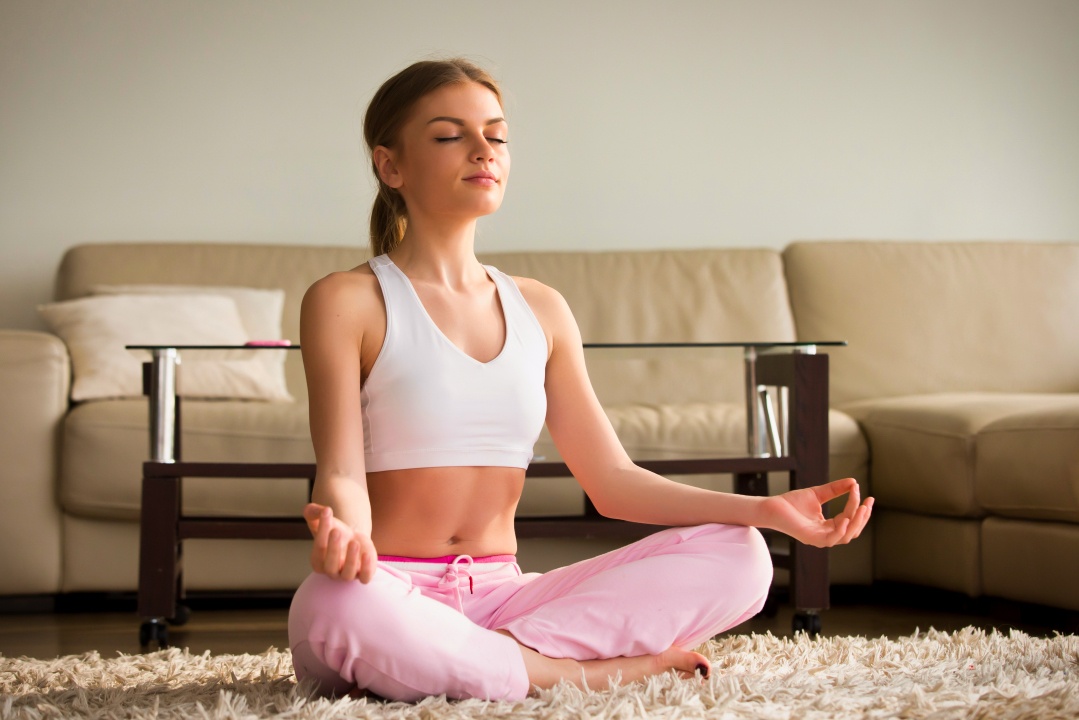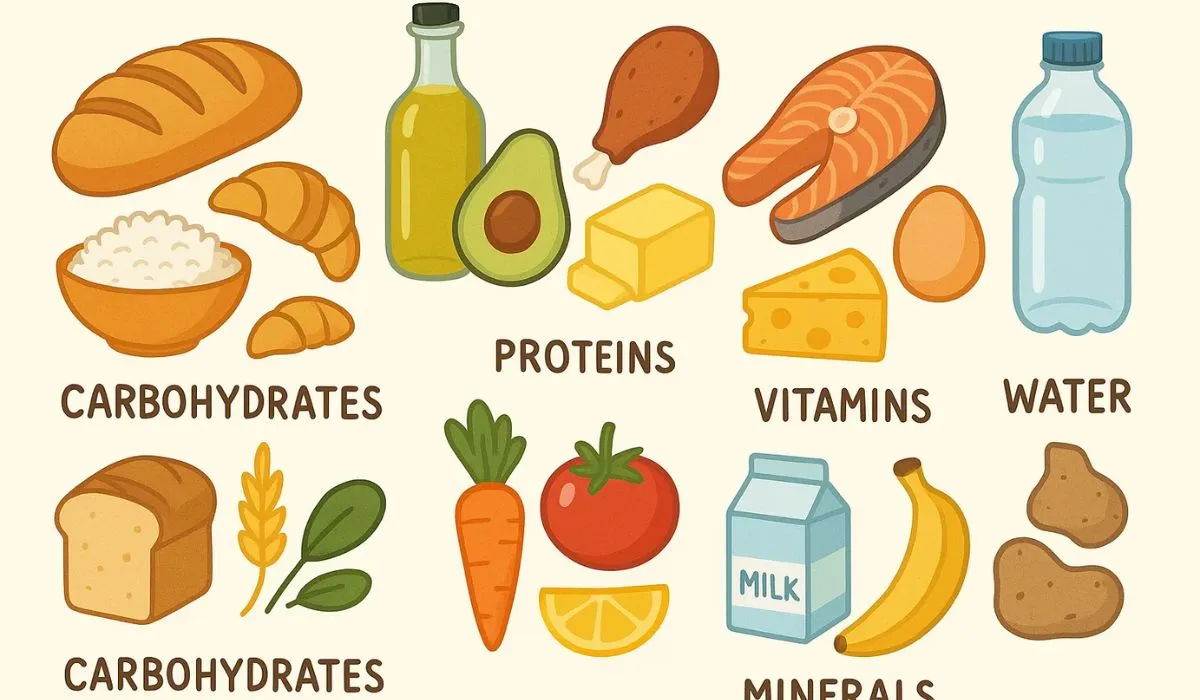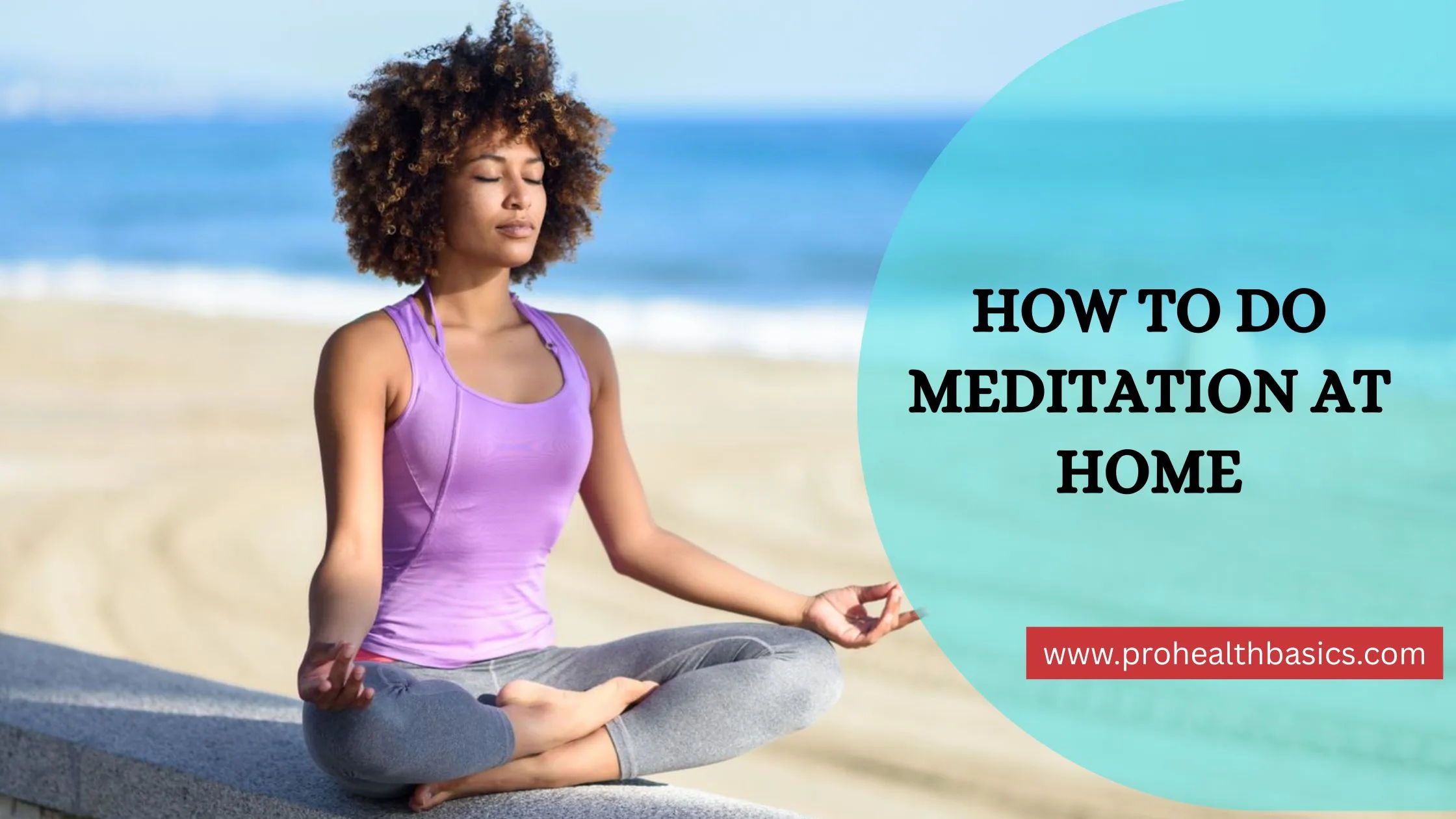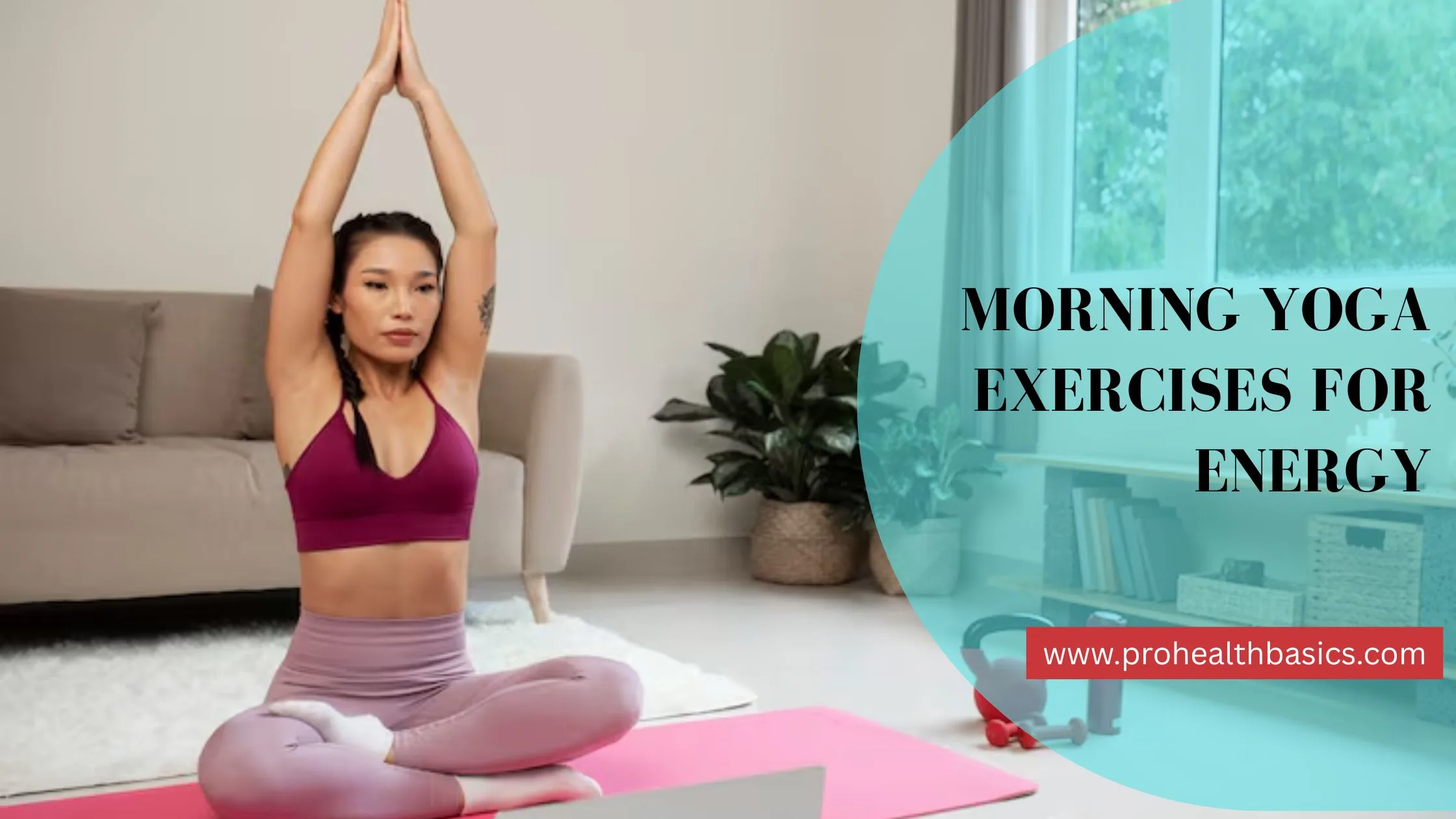Rest is basic for general well-being, however millions battle with sleep deprivation, anxious evenings, and destitute rest quality. Guided meditation for better sleep offers a common, non-invasive arrangement to unwind the intellect, discharge stretch, and advance profound rest. Not at all like resting pills, reflection makes a difference reestablishing your body’s common capacity to drop snoozing, guaranteeing long-term benefits without side impacts. In this article, we’ll investigate compelling rest contemplation methods, their benefits, and how to join them into your daily routine.
What is Guided Reflection for Way Better Sleep?
Guided reflection is a home where a storyteller or contemplation directly leads you through calming visualizations, breathing works out, and mindfulness methods to initiate unwinding. It works by abating down brain action, diminishing push hormones like cortisol, and advancing a sense of inward peace. For people battling with sleep deprivation or anxiety-related rest clutters, guided reflection gives a basic and open approach to way better rest.
How Guided Contemplation Moves forward Rest Quality

1. Diminishes Stretch and Anxiety
One of the driving causes of destitute rest is an overactive intellect. Guided contemplation centers on breathing and mindfulness to calm mental chatter, making a difference you discharge pressure and uneasiness some time recently bedtime.
2. Advances Profound Relaxation
Through procedures like body filters, dynamic muscle unwinding, and calming visualization, reflection triggers the parasympathetic anxious framework, which signals the body to rest.
3. Improves Rest Patterns
Frequent exercise improves sleep cycles, enabling you to fall asleep more quickly and stay asleep for longer. Over time, it retrains the brain to relate unwinding with sleep time, actually making strides rest.
Effective Guided Contemplation Procedures for Superior Sleep
1. Body Check Meditation
This strategy includes rationally filtering each portion of your body and deliberately discharging pressure. It’s especially compelling for people with stress-related insomnia.
2. Breathing Works out for Relaxation
Deep breathing makes a difference, moderate the heart rate and unwind the apprehensive framework. Try the 4-7-8 technique, which involves taking a four-second breath, holding it for seven, and then exhaling for eight.
3. Visualization Meditation
Visualizing serene scenes—such as strolling along a shoreline or lying beneath a starlit sky—creates a calming mental environment conducive to sleep.
4. Mindfulness Reflection for Sleep
This hone includes centering on the display minute without judgment. Mindfulness avoids dashing considerations and brings mindfulness to sensations, sounds, and breath, cultivating a peaceful state of mind.
Step-by-Step Daily Schedule for Rest Meditation

1. Create an Unwinding Rest Environment
- Reduce noise, keep your space cool, and dim the lights.
- Use lavender or chamomile fundamental oils for included relaxation.
2. Practice Profound Breathing
- Spend 5–10 minutes centering on moderate, cadenced breaths.
3. Listen to a Guided Reflection Session
- Pick a sound from YouTube, Calm, or Headspace.
- Sessions regularly final 10–30 minutes.
4. Incorporate Dynamic Muscle Relaxation
- Gently tense and discharge muscle bunches from head to toe.
5. Stay Consistent
- Practice contemplation daily to set up a sleep-inducing habit.
Benefits of Guided Contemplation for Sleep
- Improved Rest Quality – Drop sleeping quicker and wake up refreshed.
- Reduced A sleeping disorder Indications – Calm an overactive intellect and break the cycle of sleeplessness.
- Enhanced Mental Clarity – A well-rested brain makes strides center, memory, and enthusiastic balance.
- Lower Stretch and Uneasiness Levels – Profound unwinding makes a difference to control disposition and decrease anxiety.
- Holistic Wellbeing Advancement – Quality rest underpins safe work, digestion system, and by and large vitality.
Tips for Maximizing the Impacts of Rest Meditation
- Practice Reliably – Day by day contemplation yields the best results.
- Incorporate with Sound Rest Cleanliness: Avoid caffeine just before bed, limit screen time, and maintain a consistent sleep schedule.
- Use Foundation Sounds – Tender music, rain sounds, or white commotion can improve relaxation.
- Track Advance – Keep a rest diary to screen enhancements over time.
Read More:- How Long Does Meditation Take To Work
Why Select Guided Reflection Over Other Rest Solutions?
Unlike pharmaceuticals, which gives transitory help, guided reflection addresses the root cause of destitute sleep—mental fretfulness and stretch. It is secure, cost-effective, and versatile to person needs, making it one of the best long-term techniques for making strides rest naturally.
Conclusion
Guided meditation for better sleep is an effective however basic procedure to combat a sleeping disorder, decrease push, and upgrade generally well-being. By coordination guided contemplation into your daily schedule, you can appreciate serene rest and wake up feeling revived each day. Begin little, remain reliable, and witness the change in your rest quality and mental clarity.







